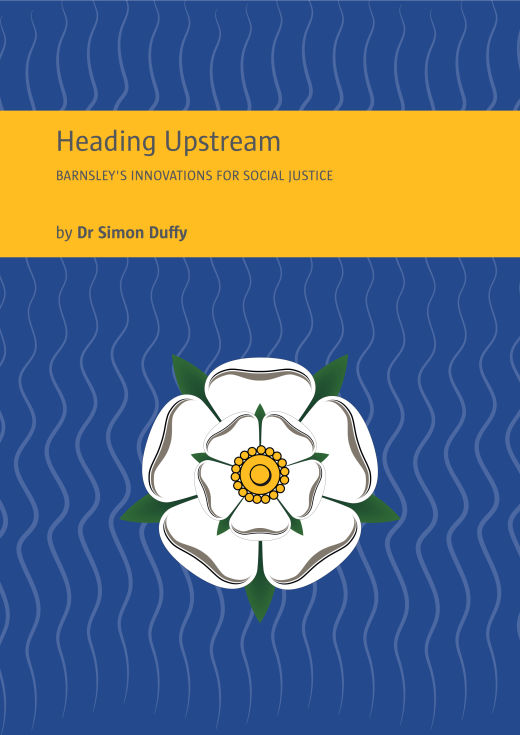Barnsley Council have been redistributing power and resources to local citizens, families and communities.
Author: Simon Duffy
For more than 12 years Barnsley Council has been quietly pressing ahead with a series of interconnected reforms whose purpose has been to transform the relationship of local government with local people. Even while austerity has savaged local government funding, Barnsley Council has persisted with this strategy: to advance social justice, not through public services or privatisation, but by giving citizens, families and local communities more power and control over their own destinies.
This report is an independent perspective on the nature and meaning of these reforms. The report argues that the only sustainable future for local government that is consistent with social justice is one where the rights and responsibilities of citizens are made central. Barnsley has already demonstrated that:
Not only does the report document some of the important progress made, it also brings together important sources of information to demonstrate that:
Barnsley is not alone in trying to develop a socially just response to austerity and in trying to develop a positive role for local government in the twenty-first century. However its quiet long-term commitment to the values of citizenship and community are striking and the results very impressive. Moreover, when you examine the detail of its achievements then serious questions are raised about current talk of devolution:
Everyone is agreed that England needs to become much less centralised. Paying attention to the learning from Barnsley offers insight into what is possible, but also the grave obstacles in our way.
Read and download the free pdf in your browser, link below.

The publisher is the Centre for Welfare Reform.
Heading Upstream © Simon Duffy 2017.
All Rights Reserved. No part of this paper may be reproduced in any form without permission from the publisher except for the quotation of brief passages in reviews.
community, local government, nature & economics, Neighbourhood Democracy, politics, England, Paper